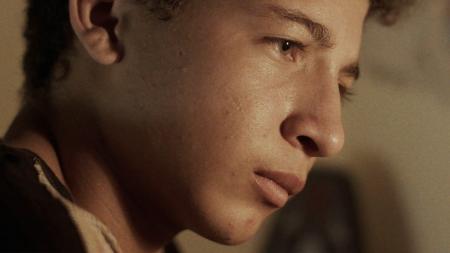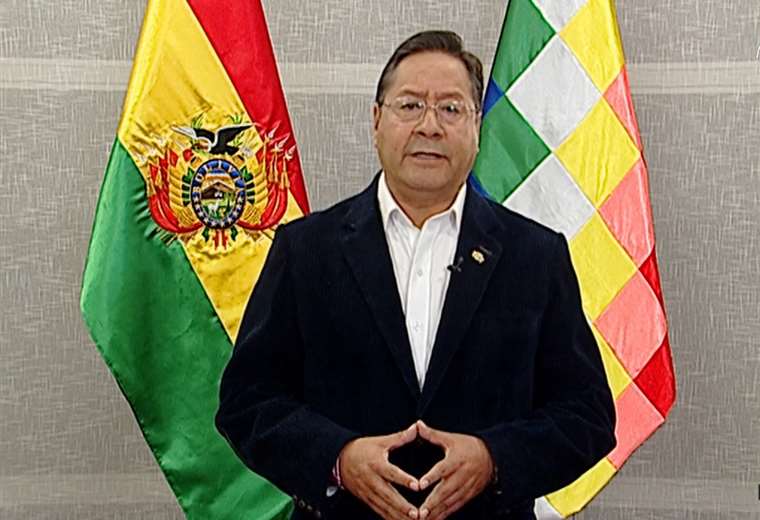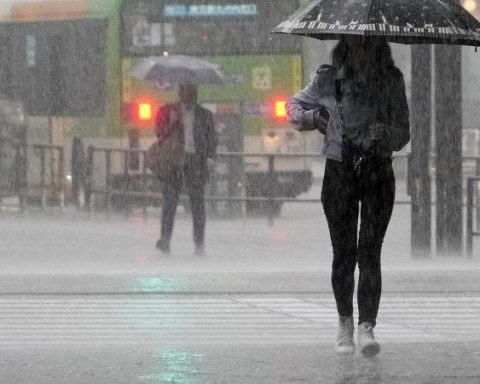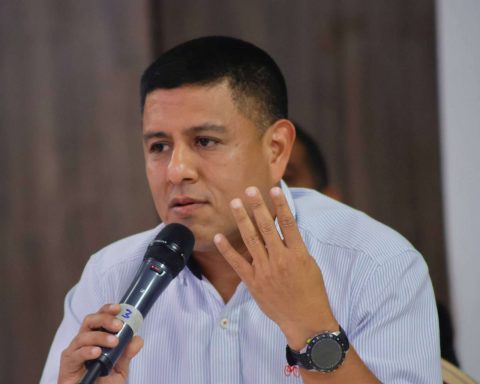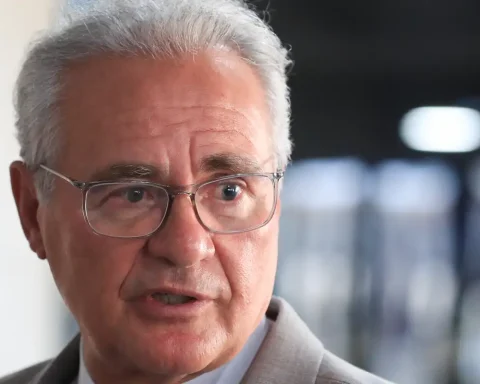The Brazilian film “Saudade fez morada aqui entre”, by Brazilian director Haroldo Borges, who proposes a metaphor about the state of affairs in his country based on work with a small community in the sertao of Bahia, won the Golden Astor for Best Film of the International Competition of the 37th edition of the Mar del Plata Film Festival, which delivered its award winners this Saturday and will conclude its screenings this Sunday.
“It is a great joy, a very strong emotion to win this award, since we were film students in Bahia we heard so much about Mar del Plata, which for us is a place of resistance, like a lantern that indicates that it is possible to make films Borges assured.visibly moved, upon receiving the highest award given by the Mar del Plata show.
The awards
The jury chaired by actress Dolores Fonzi also distinguished the Argentine film “Three Brothers” by Francisco Paparella, with the Special Jury Prize and awarded the Astor for Best Direction to two local filmmakers, Ana García Blaya for “Uruguaya” and Melisa Liebenthal for “The Face of the Medusa”.
American independent film “There’s There”, by Andrew Bujalski won the Astor for Best Screenplay; Sonia Parada the award for Best Performance for her work in the Bolivian film “Los de bajo”, and the Argentine film “Cambio Cambio”, by Lautaro García Candela, a Special Mention.
The ceremony
The closing ceremony began at 7:30 p.m. with the presentation of Virginia Inocenti together with the musician Sergio Zabala, who played songs from the popular songbook. Then it was the turn of the singer and performer Carlos Casella, who also offered a show with songs like “La vie en rose” and “La ventanita”, among others.
Then the acting vice president of the presidency of the National Institute of Cinema and Audiovisual Arts (Incaa), Nicolás Batlle, spoke, who stressed that all the functions of the festival “were full”, he also recalled and thanked “all the associations and groups of filmmakers who fought for the extension of the specific allocations for culture”, recognizing the work of Deputy Pablo Carro who promoted the law.

The president of the festival, Fernando Juan Lima, and its artistic director, were in charge of presenting the Lifetime Achievement Award to Paula Félix-Didier, director of the “Pablo Ducrós Hicken” Cinema Museum.
“We have a debt with the Argentine audiovisual heritage”, Félix-Didier, “caring for memory is one of the tasks that cannot be delegated by the state, like health, education and justice”, he added.
It was immediately announced that the Audience Award was for “Saudade fez morada aqui entre”, which would later win the Golden Astor for Best Film.
Filmed in a town of 300 inhabitants of the mythical Brazilian Sertao (the northeastern desert where Glauber Rocha shot his films) with non-professional actors, and through a process of six months of work installed in the territory, “Saudade fez mora aqui inside” tells the story of a boy who loses his vision and how he and his surroundings adapt to the new situation, which according to its director proposes a metaphor for today’s Brazil.
“For us, Bolsonaro was very shocking, you couldn’t believe that the ‘bolsominhos’ (supporters of the outgoing president) were so close. Suddenly, the nice uncle on Sundays or a school friend full of life were Bolsominhos, so that gave us suggested the idea of blindness, as a metaphor for what was happening to us, because we couldn’t understand how these people who were so close and dear to us could choose such a disastrous path for everyone and defend it with such passion”Borges told in dialogue with Télam.
In the film, the young man’s blindness can be accompanied by a school teacher, his mother, his brother, his friends, and this generates the possibility of facing such a complicated and decisive situation in the life of the adolescent for whom everything is hopeless first. .

“It seems to me that we have to tell stories where it is possible to dream, where we meet again. Half of the country supported Bolsonaro in the last elections, it cannot be left out, we must have a reunion, we have to meet again as a nation And I think that cinema with its stories is a beautiful tool to achieve that”.
The film, which finished shooting just before the pandemic began and had its world premiere at this festival, rescues and dialogues with strong Brazilian film traditions such as Glauber Rocha’s Cinema Novo and proposes “a cinema that is a tool to rediscover ourselves as a nation after the disaster that Bolsonaro left behind,” Borges told this agency.
For its part, “Three brothers”, by Francisco Paparella, which explores the toxic masculinity built up over the years by the difficult living conditions in a town in Patagonia, won the Special Jury Prize.
Paparella’s second film after “Zanjas” (2015), investigates the relationship of three brothers, where the cruelty of their actions has the brutal logic of the context, with a hostile nature that does not give in, determining a tragic horizon for the brothers. protagonists.
In the Latin American Competition the award for Best Film went to “Trenque Lauquen”by Argentine filmmaker Laura Citarella and which had a world premiere at the Venice Film Festival last September.
In this competition, the Special Jury Prize went to the Brazilian “Mato seco em llamas”, by Joana Pimenta and Adirley Gueiros; and the Colombian film “Anhell69” by Theo Montoya, received a Special Mention.
In the contest reserved for Argentine films, the Astor Piazzolla for Best Feature Film went to “Sobre las Nubes”, by Maria Aparicio; and the award for Best Direction for Lisandro Listorti for his documentary “Herbaria”.
Around 200,000 spectators took part in this 37th edition of Mar del Plata, which offered 500 projections in different rooms in discussion panels, book presentations and outdoor projections in the full return to the presence of the festival, after a year canceled due to the pandemic and another in a hybrid format.
The warmth and accompaniment of the public, who came from different parts of the country and made up largely of people from Mar del Plata who have historically enjoyed the festival, provided the perfect setting for this return to full halls of the only Class A festival in the region, an attribute shared by with contests such as Cannes, San Sebastián, Berlin, Venice and Karlovy Vary, among a few others in the world.
The risk, the personal inquiries and the new forms of contemporary cinema were present in a program with very striking pearls and small delights and that had an interesting level, for a cinema run from the repetitive molds of the commercial machinery that floods theaters and platforms, reverting, wisely, to author registries with their own signature.
